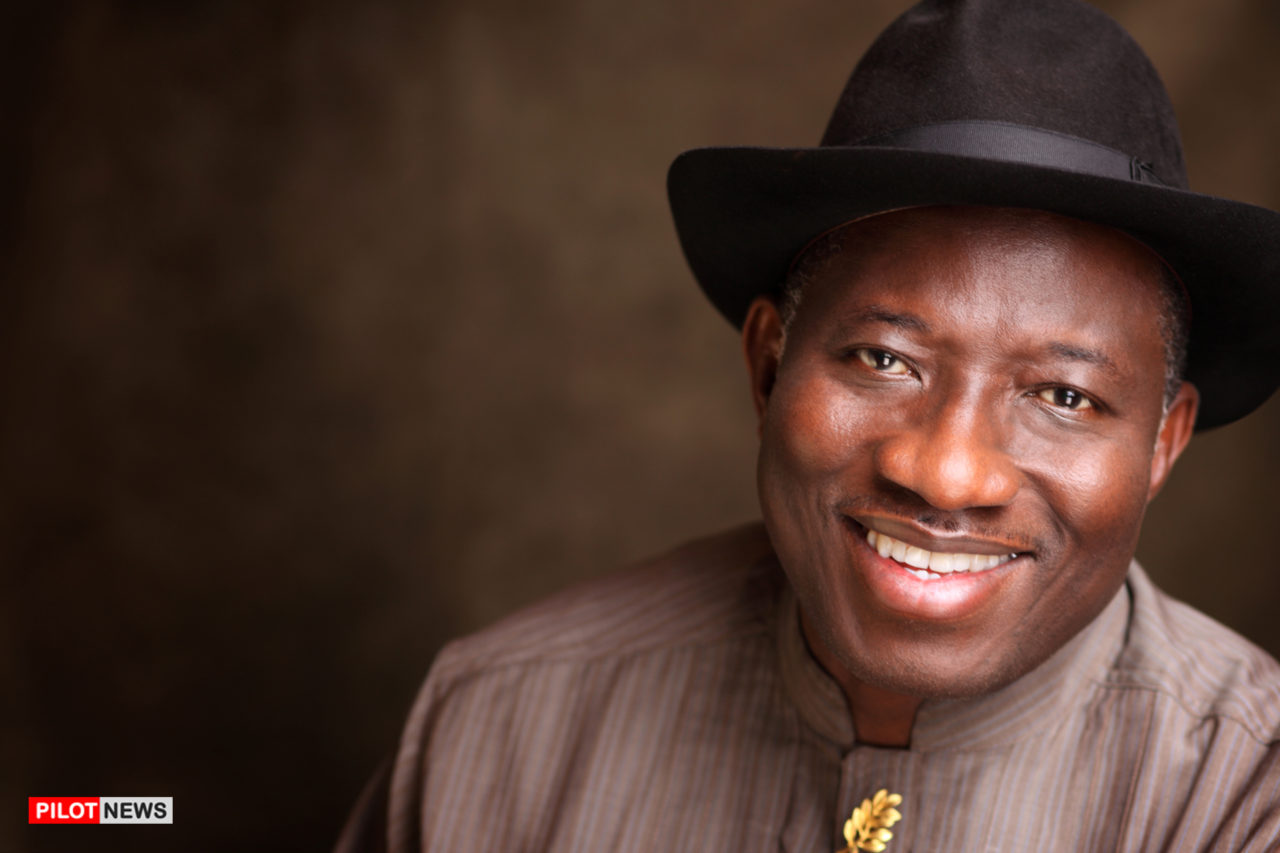Former Nigerian President Goodluck Jonathan is among a group of African leaders and high-profile election observers currently stranded in Guinea-Bissau after the country’s military seized power and suspended its electoral process on Wednesday.
Jonathan was part of a 36-member delegation from the African Union (AU), the Economic Community of West African States (ECOWAS) and the West African Elders Forum (WAEF) sent to monitor the presidential election held last Sunday.
On Wednesday, a group of military officers declared they had assumed “total control” of the country, broadcast on state television.
They announced the suspension of all state institutions, including the electoral commission, and ordered an immediate curfew.
The junta closed national borders, shut down airports, and suspended air, land and sea travel — effectively cutting off exit routes for foreigners and observers.
Gunfire reportedly erupted near the presidential palace and the electoral commission headquarters as troops moved to seize strategic sites in the capital, Bissau.
In a joint statement issued Wednesday night, the AU–ECOWAS–WAEF observer mission expressed “deep concern” about the military intervention.
The statement read: “We regret that the coup comes at a time when the missions had just concluded a meeting with the two leading presidential candidates, who assured us of their willingness to accept the will of the people.”
The group condemned what it called “an attempt to derail the democratic process,” and urged the immediate release of detained election officials to allow election results to be lawfully processed.
Media reports say Jonathan and other international observers remain “safe in their hotel rooms” as authorities scramble to secure outward flights.
But with the closure of borders and suspension of air travel, their exit from Guinea-Bissau has been delayed indefinitely.
Guinea-Bissau has endured successive political upheavals since independence from Portugal in 1974. Wednesday’s takeover marks at least the ninth successful or attempted coup in the country’s post-independence history.
Meanwhile, the Portuguese government has urged all parties to avoid violence and allow the electoral process to resume, warning that the situation poses a threat to regional stability.
The election observers’ delegation is scheduled to leave Guinea-Bissau on Saturday, 29 November.
- Tinubu Welcomes Egbetokun’s Resignation, Appoints Tunji Disu as Acting IGP - February 25, 2026
- Tinubu Welcomes Egbetokun’s Resignation, Appoints Tunji Disu as Acting IGP - February 25, 2026
- Paris Saint-Germain’s Achraf Hakimi to Stand Trial over Rape Allegation - February 25, 2026

